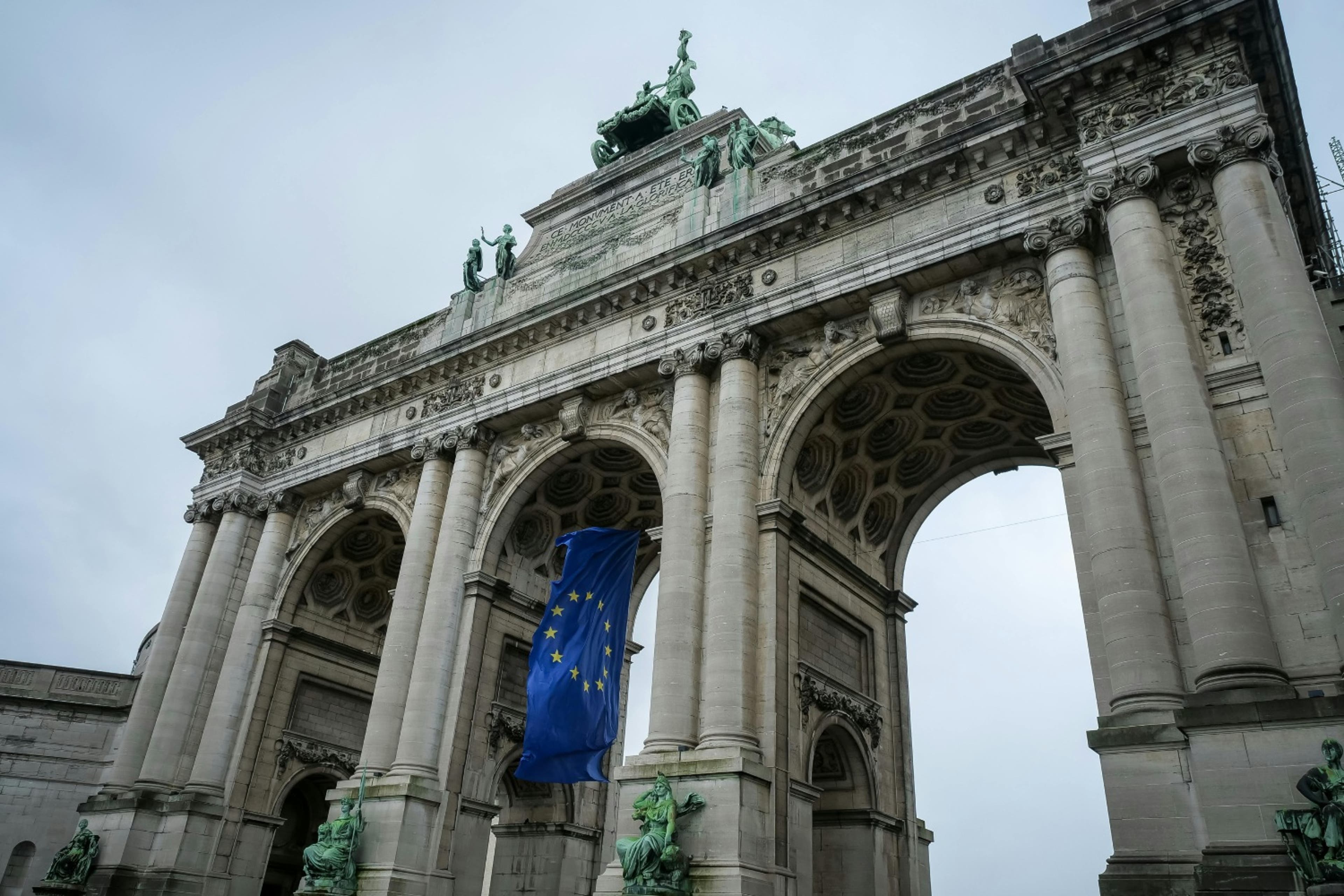Editor's note: The IAPP is policy neutral. We publish contributed opinion pieces to enable our members to hear a broad spectrum of views in our domains.
"No new regulation coming from DG Connect in the next five years," Robert Viola, director-general of DG Connect, said during a conference held by trade association DigitalEurope in Brussels. DG Connect is the digital policy arm of the European Commission, so such a statement in a room full of policy wonks was met with a mix of surprised gasps and doubtful smiles.
It is, however, in line with the European Commission's work program for 2025 and channels the theme of competitiveness many panelists discussed during the day. Many speakers shared a similar take on both the diagnosis and the remedies.
According to DigitalEurope, only 13% of European companies use artificial intelligence. There is a 30% gross domestic product gap between the EU and the U.S., and half the difference of productivity growth between two is due to slow uptake of technology. DigitalEurope quantified the yearly regulatory burden at 200 billion euros.
As one panelist put it, in today's world, all the competitive differentiators are digital. Also, tech innovation cycles are shorter than ever, two to six weeks in some cases. As a result, public procurement cycles are too long, and opportunities are scattered across a fragmented public sector European market.
In discussing remedies, the notion of allowing companies to grow and be strong, and creating an enabling environment, emerged as a theme. Recommendations included changing national procurement rules, speeding up that process to align with the pace of innovation, and enabling start-ups to go to market more effectively and scale-up to grow.
Overall, DigitalEurope said this is about: cutting the regulatory burden by 50% — for instance limiting and even removing reporting burdens — and having smarter rules in place; simplifying the way to do business with a real one-stop shop across Europe, scaling procurement procedures; and incentivizing companies to invest — including in talent and security.
Estonia's Minister of Justice and Digital Affairs Liisa-Ly Pakosta also argued Europe needs to change its moral values.
"As politicians, it is very easy to solve problems with more controls. Putting all the burden on companies. Innovation never comes from bureaucrats," she said.
From DG Connect's perspective, Europe needs some concrete enablers to the uptake of AI technology, such as having the best possible data lakes and clean datasets in key economic sectors for AI uptake, for example, health care and manufacturing.
The head of the EU AI office, Lucilla Sioli, added that supporting AI development in Europe will come with ensuring startups have access to computing, data, skills, private investment and the ability to better leverage public-private partnerships and sandboxes.
"Europe needs to shift gear, regardless of geopolitics," she said, referring to the difference between the EU and U.S. in approaches to the AI race.
At the end of the day, a European tech company representative put a pragmatic note on the conversation, by reminding the audience that startups usually don't know if what they do is compliant with EU rules. A regulatory or policy staff member is not going to be among their first hires, they said.
Overall, Ukraine was the most debated topic during the conference. It was striking to hear so much about digital technology in the context of European defense and security at a conference that in previous years would have focused on connectivity and digitalization.
Member of European Parliament Eva Maydell commented on the need to grasp the new global order, though "we don’t know what the order is."
Isabelle Roccia, CIPP/E, is the managing director, Europe, for the IAPP.
This article originally appeared in the Europe Data Protection Digest, a free weekly IAPP newsletter. Subscriptions to this and other IAPP newsletters can be found here.

